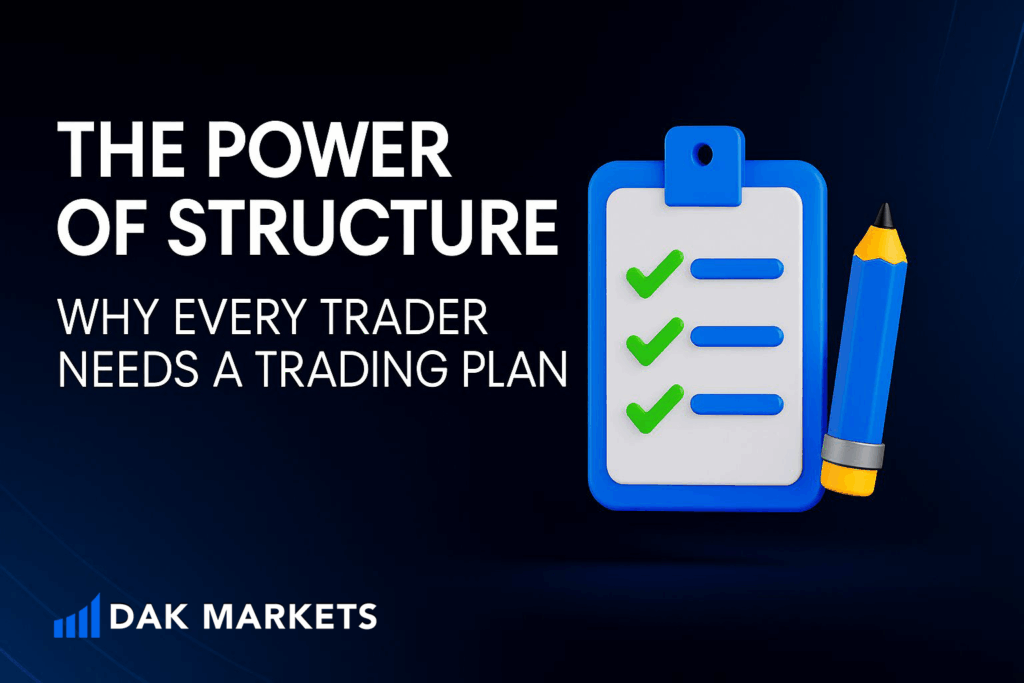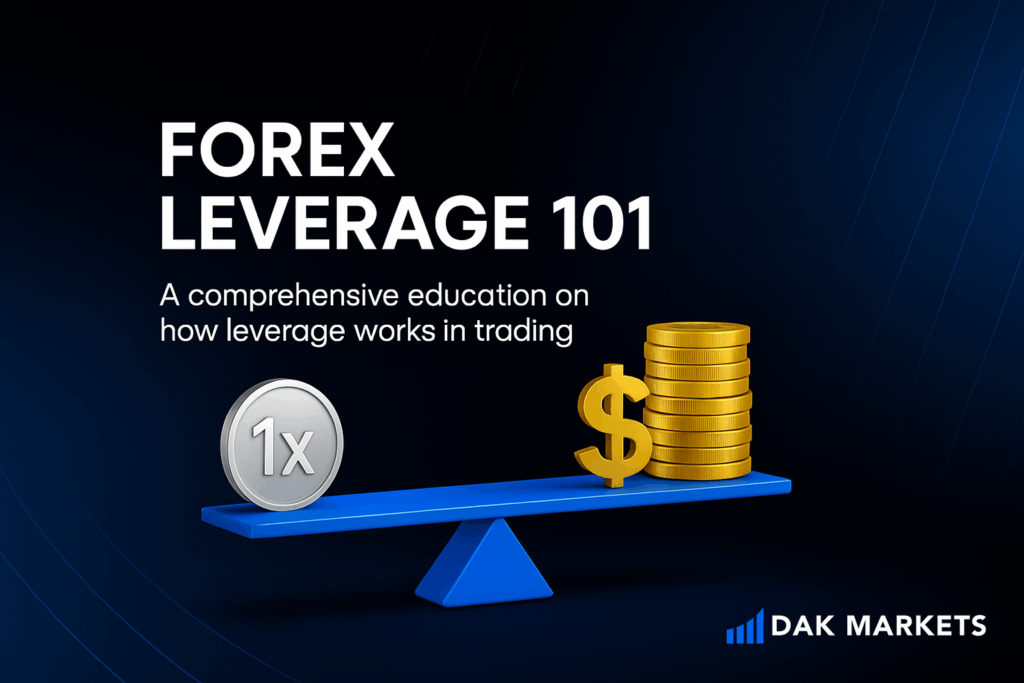
The Hidden Dangers of Always Shorting the Market: Ego, Risk, and the Illusion of Fast Profits
In the trading world, every investor develops a personal style—some lean toward long positions, while others prefer shorting the market. But what happens when a trader refuses to do anything but short? Is it a bold contrarian move—or just a risky game driven by ego?
Let’s explore why some traders fall into this mindset and why it could cost more than just money.
The Reluctance to Go Short — and Its Opposite
It’s not uncommon to find traders or investors who avoid short positions altogether. Long-term investors, especially those in equities, often focus solely on buying and holding. Shorting in these cases can be impractical or even inaccessible. For short-term, leveraged traders, the aversion to shorting may stem more from fear or psychological discomfort.
On the flip side, there are traders who take the opposite stance: they only go short. They believe that market declines offer quicker profits, and to some extent, they’re not wrong—markets tend to fall faster than they rise. You’ve probably heard the saying:
“Shorts take the elevator; longs take the stairs.”
But there’s more to the story.
The Lure of Fast Profits: A Double-Edged Sword
The appeal of shorting is often rooted in speed. A sharp market drop can feel like a goldmine for those positioned correctly. And it’s true that while bull markets tend to build slowly over time, bear markets often collapse in violent, rapid fashion.
This perception leads many traders to think that shorting is a shortcut to fast wealth. But the truth is, identifying the right moment to short is far more difficult than it appears. Betting against a rising market requires not only skill but also incredible timing. Being early is often the same as being wrong.
Many who adopt a bearish-only approach end up burning out quickly—emotionally and financially.
The Psychological Toll of Perpetual Shorting
Being consistently bearish can be mentally exhausting. If you’re always betting against the trend, you’ll inevitably face a high number of losing trades. Even when your analysis is correct, the market can remain irrational longer than your account can stay solvent.
This is where risk management becomes non-negotiable. Shorts often move violently. Without a solid stop-loss strategy and emotional discipline, every trade becomes a dangerous gamble.
And it gets worse when ego enters the picture.
Trading on Ego: The Silent Account Killer
Some traders short the market not because it makes sense strategically, but because they’re trying to prove something—to themselves, or to others. This often manifests as a need to be “right” when everyone else is wrong. The belief that “I see what others can’t” might feel empowering, but it’s a slippery slope.
This mindset tends to affect younger or less experienced traders most, who may confuse rebellion with insight. The markets don’t reward pride—they reward preparation, discipline, and humility.
Yes, there are a few legendary contrarians who got rich by going against the herd. But for every one of them, there are thousands of traders who blew up their accounts trying to do the same.
So, Should You Only Short?
In short: absolutely not.
While short selling can be a valuable tool, using it as your only trading method is rarely justified. Whether it’s the thrill of fast profits, a bias from a few early wins, or an inflated ego—none are strong enough reasons to build your trading identity solely around shorts.
If you find yourself leaning heavily in this direction, stop and reflect. Ask yourself:
• Am I reacting emotionally?
• Is my strategy backed by data, or just belief?
• Can my risk management handle a string of losses?
Final Thoughts
Being a successful trader isn’t about always being right. It’s about managing risk, staying emotionally balanced, and being adaptable. If you’re drawn to shorting the market, make sure you’re doing it for the right reasons—not just to chase quick gains or to satisfy your ego.
Remember: the market doesn’t care if you’re long or short—it only cares that you’re prepared.
Stay disciplined. Trade smart. Let go of the ego.

